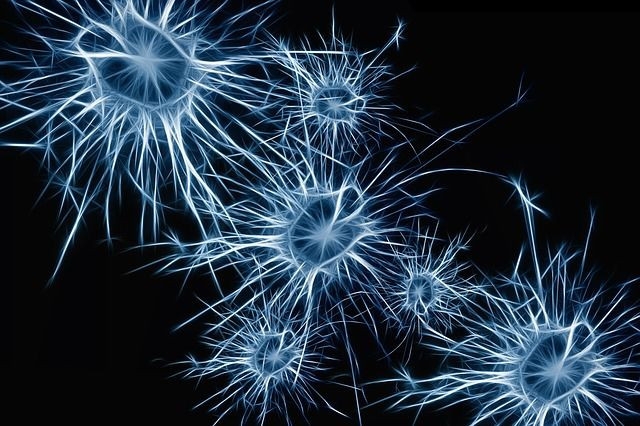Replacing Human Brain Cells? New Mouse Study Suggests We Are Closer Than Ever To Treating Traumatic Brain Injuries

We’ve come a long way in transplant and regenerative surgery, but one feat we cannot accomplish is the growth of new brain cells, or neurons lost to brain injuries or strokes; most brain cells are with us from birth, and develop pathways and signals as we learn new tasks throughout our lives. However, a recent animal study showed that we may be on the path toward regenerating and replacing brain cells lost to injury.
In a study now published online in the journal Nature, a team of international researchers were able to coax embryonic neurons transplanted into brain-injured mice to form proper connections with their neighboring neurons, and thus restore brain function, The Huffington Post reported. The brain cells not only regained complete functionality, but also did not produce any adverse side effects. According to the team, their breakthrough, though at the moment restricted only to mice, is proof that cell-based brain repair is possible, and that the brain can accept new neurons, researchers said.
“What we did there is proof of concept,” said Magdalena Götz, a researcher involved in the project, The Huffington Post reported. “We took the best type of neurons, chosen at a specific time, and then we put them in the lesioned brain,” she said. “That was to find out how well can it work.”
Although the finding is exciting, human and mice brains are clearly different, and injuries to the human brain are devastating and almost never clear-cut. For example, as pointed out by Gotz, brain injuries can often occur in several different areas of the brain simultaneously and require several different types of neurons. In addition, there is always the chance that new neurons could become cancerous or have other unwanted side effects. Nonetheless, the team believes that these problems can be overcome with time and further research.
Brain injury can occur from a number of causes, with stroke and traumatic brain injury (TBI) being the two most common. For example, during a stroke, some areas of the brain are deprived of oxygen for extended periods of time. This causes the brain cells in these areas to die, which can cause a number of physical and cognitive problems in patients that last long after initial recovery. On the other hand, TBIs are most commonly the result of physical head injuries, where either a fall or penetration of the skull have injured brain cells. Unfortunately, recoveries from brain injuries are limited at the moment, but this study may open the door to more effective treatment options in the future.
Source: Falkner S, Grade s, Dimou L, et al. Transplanted embryonic neurons integrate into adult neocortical circuits. Nature . 2016
Read More:
Traumatic Brain Injury May Lead To Alzheimer's Disease; Patients Have Similar 'Brain Clumps': Read Here
Traumatic Brain Injury Caused By Concussions May Lead To Long-Term Sleep Problems Without Us Even Knowing: Read Here
Published by Medicaldaily.com



























